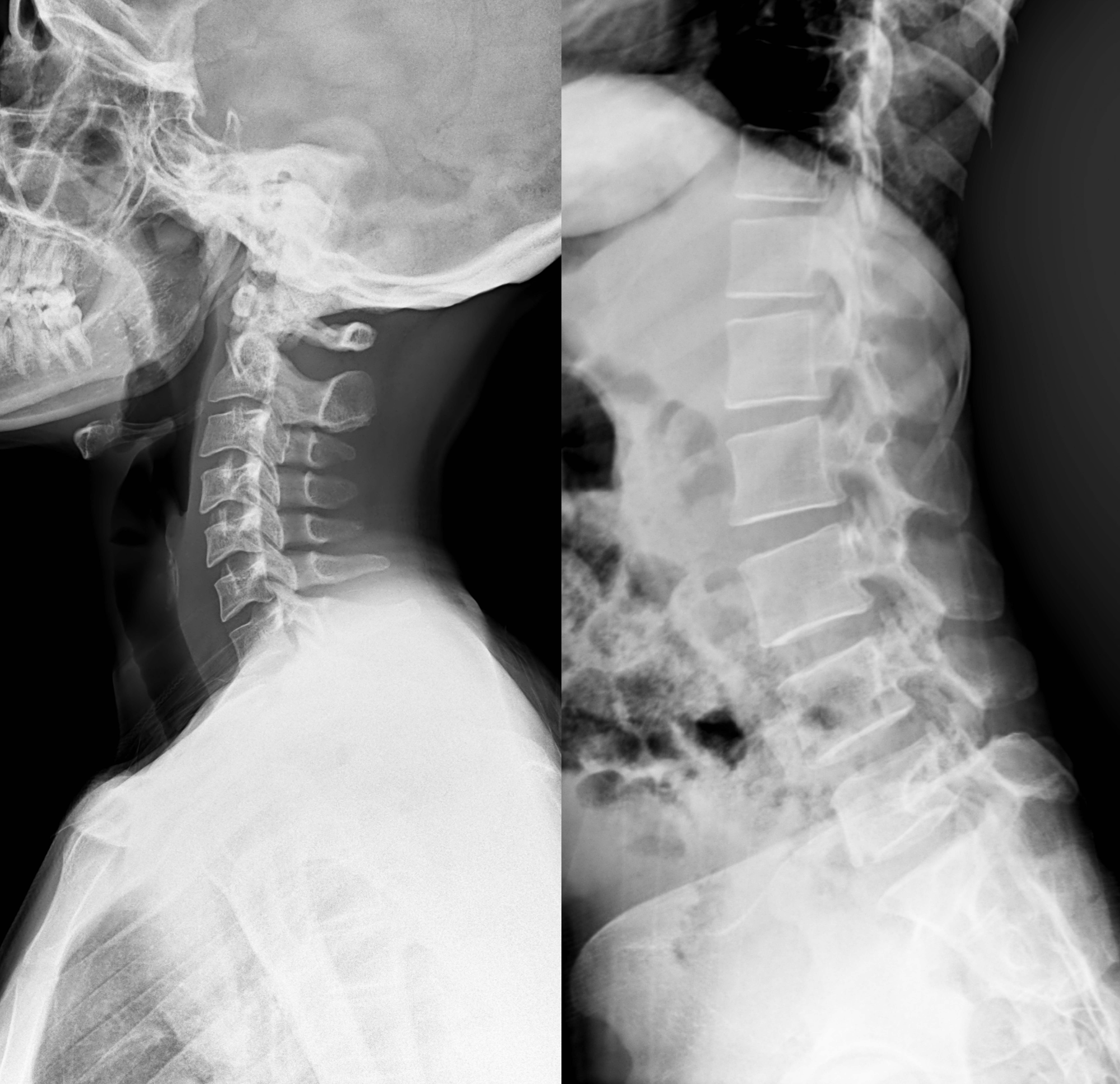Vienna 1070
Austria
Hours: Tuesday–Sunday 10am–6pm
Thursday 10am–8pm
Kunsthalle Wien's exhibition program for 2016 takes a look at the potentialities of the past decades, notably the late stage of modernism, as well as current reactions to the historical avant-garde movements in art, music, architecture, and design.
The group exhibition Béton deals with the social utopias of 1960s and 1970s architecture and their reception in contemporary art. In this period, concrete was regarded as the epitome of modernism. The exhibition argues not out of a nostalgic longing, but rather for the sake of remembering that architecture was at one time more than enclosed space, and that concrete was not merely a building material, but historically and ideologically charged.
The Promise of Total Automation focuses on the change from automation to digitalization and on machines that have a life of their own. It is not only technological devices that hold this autonomous quality, but also ritual artefacts which, charged with meaning, begin to lead a life of their own.
One, No One and One Hundred Thousand is an exhibition inspired by Oulipo’s literary strategies based on the idea of a “workshop of potential literature.” This notion of potentiality will be applied to the format of the exhibition—not as an assertion of what an exhibition should be, but as an attempt to uncover what it could be: an exhibition conceived as a “machine” that produces other exhibitions.
Besides thematic group exhibitions, important solo exhibitions will also shape next year’s program at Kunsthalle Wien: a solo exhibition by painter and designer Nathalie Du Pasquier, who was an important figure of the Memphis movement, presents autonomous art and design in dialogue. The show at Kunsthalle Wien will be her first comprehensive solo exhibition in an international institution and will present a journey through her work from the time of Memphis design to the production of painting and sculptures.
Florian Hecker’s solo exhibition explores the possibilities of representing abstraction as a sound space. Sculptural elements can at once become sources of sound, or serve the purpose of modification, amplification, and steering of acoustic sensations within the space. For Kunsthalle Wien, Hecker will create a specific “synthetic” composition.
Interdisciplinary approaches also shape Andrea Büttner’s work. The artist will provide insights into her art that is influenced by social issues. Body language is a leading concern of the artist, as she looks to the signals and gestures of the body as expressions of social sensitivities.
C.S. Leigh will be the title of a show which focuses on Christian Leigh as a mythical and at the same time forgotten figure of the art scene of the 1980s. Though often described as the most flamboyant of the independent curators who rose to prominence with the bull market of the 1980s, there are almost no pictures of him or of his shows. For a six-year run beginning in 1987, Leigh was one of the most visible and ambitious independent curators in the international art world. Then he vanished and began a new career as filmmaker. The exhibition at Kunsthalle Wien will show the complexity of the career of this man with many hats: fashion designer, curator, filmmaker, writer and editor by presenting a large part of his archive together with films and video material.
Paul Thek’s solo exhibition presents works on paper that are not widely known thus providing the viewer with an insight into an extremely important position of American post-war art that connects art and social criticism through a unique style.
Please check our website for regular updates on our program.
For further information please contact: Katharina Murschetz T+43 (0) 1 5 21 891221 / presse@kunsthallewien.at.











